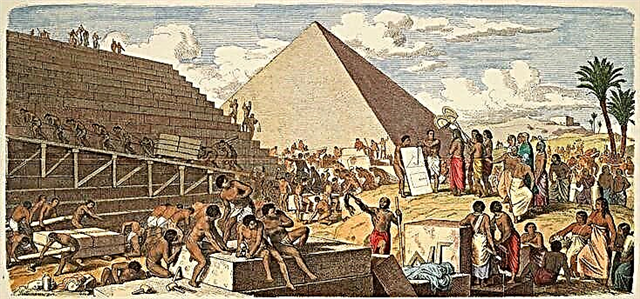What are homonyms? This term is familiar to many since school, and yet not everyone remembers its meaning. In addition, there are many who confuse this word with other concepts. That is why it is best to understand everything at once in order to avoid mistakes in the future.
In this article we will tell you what is meant by homonyms and what they can be.

What do homonyms mean
Homonyms (Greek òμός-the same and όμονα-name) are words identical in spelling and sound, but different in meaning. For example, the word "butterfly" can mean an insect, a garment accessory, or a kind of jackknife.
In life, we quite often come across various homonyms: glasses, bow, scythe, peace, key, etc. Each of these words has the same spelling and pronunciation, but means completely different things.
Types of homonyms
Homonyms are divided into 3 types:
- Full homonyms are words that match in all possible cases and numbers. For example, "block (building material)" - "block (sports technique)," shop (bench) "-" shop (outlet) ".
- Partial homonyms are words for which not all forms coincide (case, number). For example, "weasel (animal)" and "weasel (tenderness)" in different declensions will have differences (weasel - weasel).
- Grammatical homonyms are words that match only in certain forms. For example, the verbs "to fly" and "I am flying" coincide only in the form of the 1st person singular of the present tense: "I am treating a patient" - "I am flying above the ground."
However, this is not all. There are also concepts such as homographs and homophones.
Homographs are words spelled in the same way, but with different meanings and pronunciation: "perfume (perfume)" - "spirits (otherworldly forces).
Homophones are words that coincide in pronunciation, but different in spelling and meaning: ball - point, pillar - pillar, mushroom - flu.
There are many aphorisms or phrases based on homonyms. For example: "I mowed with an oblique oblique oblique." That is, a certain squint-eyed man was mowing the grass with a scythe that had an arched shape. And here's another funny verse:
And he mowed ... Slightly mowed ...
He did not mow for a fool ...
And I didn't mow from work,
He mowed, tirelessly ...
And mowed so much money!









